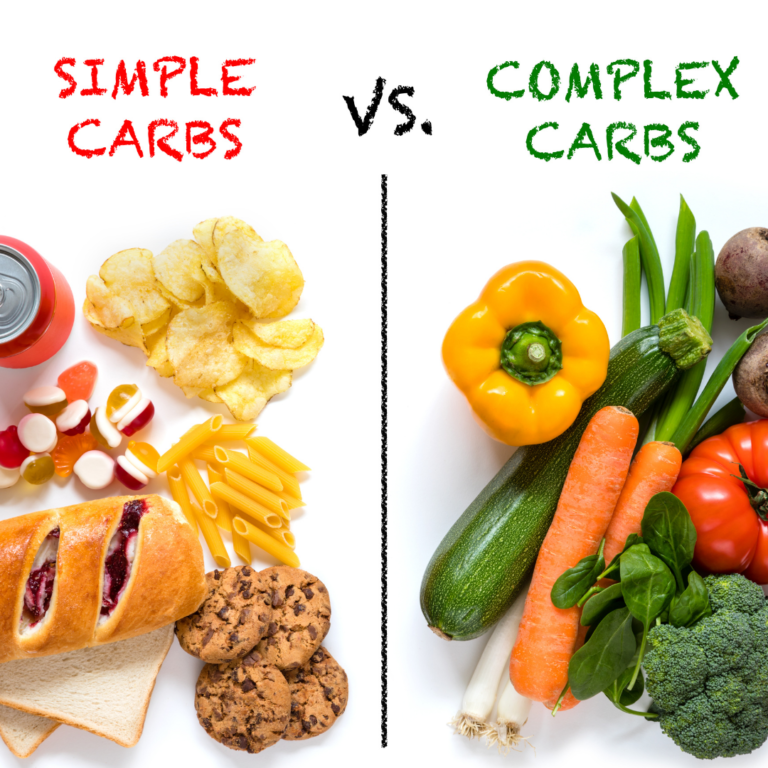When we talk about nutrition, macronutrients like carbohydrates, proteins, and fats often steal the spotlight. But there’s another category of nutrients that, while required in much smaller amounts, are absolutely crucial to our health—micronutrients. Just like oil is essential for your car’s engine to run smoothly, micronutrients ensure that your body functions optimally. In this blog, we’ll dive into what micronutrients are, why they matter, and how you can make sure you’re getting enough of them.
What are Micronutrients?
Micronutrients are vitamins and minerals that your body needs in small quantities to perform a wide range of physiological functions. Unlike macronutrients, which provide energy, micronutrients are involved in processes such as immune function, bone health, and blood clotting. Think of them as the oil that keeps the engine of your body running smoothly—they don’t provide the fuel, but without them, your body wouldn’t function as efficiently.
Vitamins: The Powerhouse Micronutrients
- What are Vitamins?
Vitamins are organic compounds that are vital for growth, energy production, and overall well-being. They play a role in everything from maintaining healthy skin to supporting your immune system. - Different Types of Vitamins:
Vitamins are categorized into two main types:- Water-Soluble Vitamins: These include the B-complex vitamins and vitamin C. They dissolve in water and aren’t stored in the body, so they need to be consumed regularly.
- Fat-Soluble Vitamins: These include vitamins A, D, E, and K. They dissolve in fat and can be stored in the body’s fatty tissues, meaning you don’t need to consume them every day.
- Importance of Vitamins:
Vitamins are involved in many critical processes. For example, vitamin D is essential for calcium absorption and bone health, while vitamin C plays a key role in collagen production and immune function. - Tips for Getting Your Daily Vitamins:
- Eat a Rainbow: Consuming a variety of colorful fruits and vegetables ensures you’re getting a wide range of vitamins.
- Consider Supplementation: If you’re not getting enough from your diet, supplements can help fill the gaps, especially for vitamins like D and B12.
Minerals: The Building Blocks of Health
- What are Minerals?
Minerals are inorganic elements that the body needs to function properly. Unlike vitamins, minerals come from the earth and are absorbed by plants or consumed by animals, making them essential components of our diet. - How Minerals Differ from Vitamins:
Minerals and vitamins both play crucial roles in health, but they differ in their chemical nature and functions. While vitamins are organic and can be broken down by heat, air, or acid, minerals are inorganic and retain their chemical structure. This stability makes them essential for functions like building strong bones, transmitting nerve impulses, and maintaining a normal heart rhythm. - Important Minerals and Their Functions:
- Calcium: Vital for bone health and muscle function.
- Iron: Essential for blood production and oxygen transport.
- Magnesium: Involved in over 300 biochemical reactions in the body, including muscle and nerve function.
Conclusion
Micronutrients may be needed in small amounts, but their impact on your health is immense. By understanding the role of vitamins and minerals in your body, you can make informed decisions about your diet and ensure you’re fueling your body with everything it needs to thrive. Remember, a balanced diet rich in a variety of foods is the best way to meet your micronutrient needs, but supplements can be a helpful addition if necessary. Start paying attention to these unsung heroes of nutrition, and your body will thank you!







